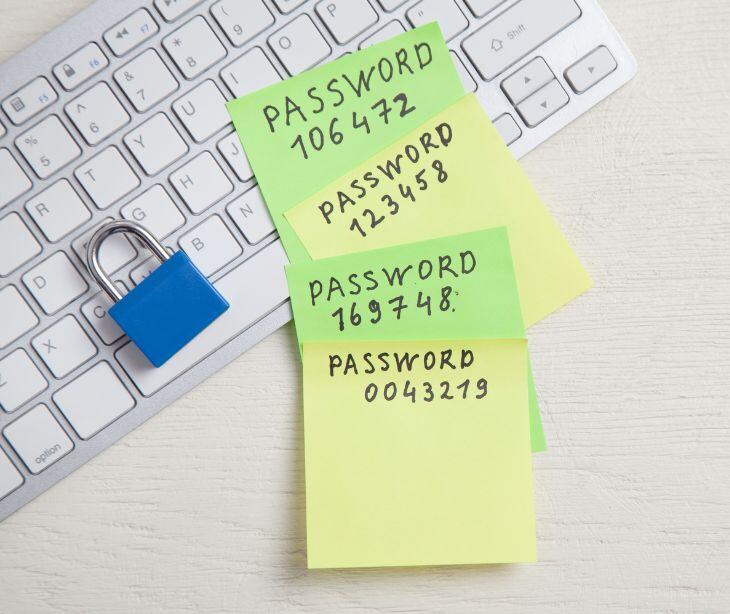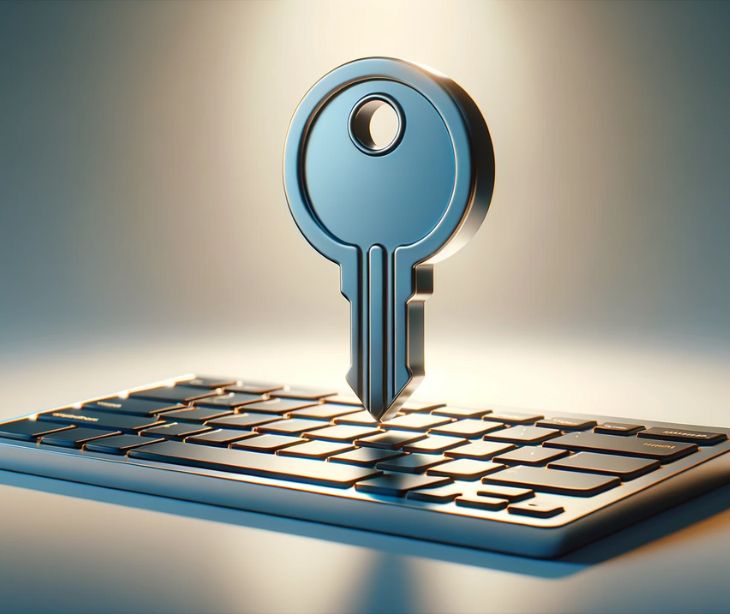
Healthcare organizations must ensure strong password management for communication to protect patient information from unauthorized access and breaches. They can implement password policies with minimum length, complexity requirements, and regular updates to mitigate the risks of breaches. Multi-factor authentication adds security layers, and staff education on best practices ensures compliance with HIPAA.
Understanding password security
Effective password management starts with understanding what constitutes a strong password. A strong password should be at least 12 characters long and include a combination of uppercase letters, lowercase letters, numbers, and symbols. Avoid using easily guessable information like birthdays or common words, as these can be vulnerable to hacking attempts.
Related: What hackers really do with stolen patient data
HIPAA regulations and password management
According to the HHS, "The Security Rule requires covered entities to maintain reasonable and appropriate administrative, technical, and physical safeguards for protecting e-PHI." Robust password management practices are one of the technical safeguards for electronic PHI. While HIPAA does not specify exact password criteria, it requires organizations to establish documented policies and procedures for creating, changing, and safeguarding passwords. These policies should encompass secure methods for password management, such as encryption, regular updates, and restrictions on password reuse, ensuring comprehensive protection of patient data and compliance with regulatory standards.
Components of effective password policies
Healthcare organizations must establish clear password policies to ensure secure patient information protection practices. These policies should clearly define minimum requirements for password length and complexity, setting standards that include a mix of uppercase and lowercase letters, numbers, and symbols. Additionally, implement guidelines for password expiration and restrictions on reuse to enhance security. Align these policies with national standards like those recommended by the National Institute of Standards and Technology (NIST), which provide detailed guidelines on password security to help organizations maintain robust protections against unauthorized access and comply with HIPAA regulations.
Read more: Guide to HIPAA compliant password requirements
Educating healthcare staff on password management
Educating staff on password security best practices helps maintain robust cybersecurity in healthcare settings. Regular training sessions should focus on the significance of using strong passwords that combine letters, numbers, and symbols to create complex combinations. Training should also include techniques for generating secure passwords and strategies for recognizing and mitigating phishing attempts. Remind staff never to share passwords and to promptly report suspicious activities, ensuring a proactive approach to safeguarding patient information and complying with HIPAA regulations.
Implementing technical measures
Implement multi-factor authentication (MFA) to strengthen protection by requiring users to verify their identity through multiple methods beyond just passwords. This extra layer of security mitigates the risk of unauthorized access. Additionally, employ password managers for generating, storing, and managing strong, unique passwords securely across different platforms. These tools can streamline password management processes while ensuring compliance with HIPAA regulations and maintaining stringent data protection standards.
Ensuring secure communication channels
Use encryption protocols to ensure that data is protected in transit, making it challenging for unauthorized parties to intercept or access sensitive information exchanged via email, text messaging, or other communication platforms. Implementing HIPAA compliant email and secure text messaging platforms further enhances security by adhering to stringent regulatory standards for safeguarding electronic PHI. These measures help healthcare organizations maintain confidentiality, integrity, and compliance with HIPAA regulations, ensuring patient data remains secure throughout its lifecycle.
Additional tips for effective password management
- Avoid insecure practices: Refrain from writing passwords on sticky notes or other easily accessible mediums. Avoid using the same password across multiple accounts to mitigate the risk of widespread data breaches.
- Emphasize strong passwords: Stress the importance of using strong passwords on work and personal devices. Encourage using unique passwords that include letters, numbers, and symbols to enhance overall security hygiene and protect patient data in healthcare environments.
- Regular audits: Conduct regular audits of password practices and security measures to identify and address potential vulnerabilities.
- User access reviews: Periodically review and update user access privileges to ensure that only authorized personnel have access to sensitive patient information.
FAQs
Can healthcare organizations use password managers in compliance with HIPAA?
Password managers can be used in compliance with HIPAA guidelines as long as they meet security and confidentiality requirements for protecting electronic PHI.
How can healthcare professionals securely share passwords within their team?
Healthcare professionals should use encrypted password-sharing platforms that provide secure methods for sharing passwords among authorized team members while ensuring confidentiality and compliance with HIPAA.
What role do business associate agreements (BAAs) play in password management for healthcare organizations?
BAAs ensure that third-party vendors handling patient data, including those providing password management tools or services, adhere to HIPAA's privacy and security rules. That includes maintaining the confidentiality and integrity of passwords and related security measures.
Subscribe to Paubox Weekly
Every Friday we'll bring you the most important news from Paubox. Our aim is to make you smarter, faster.



